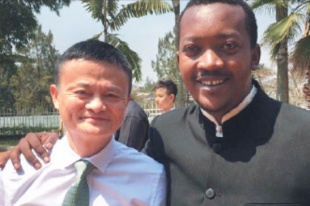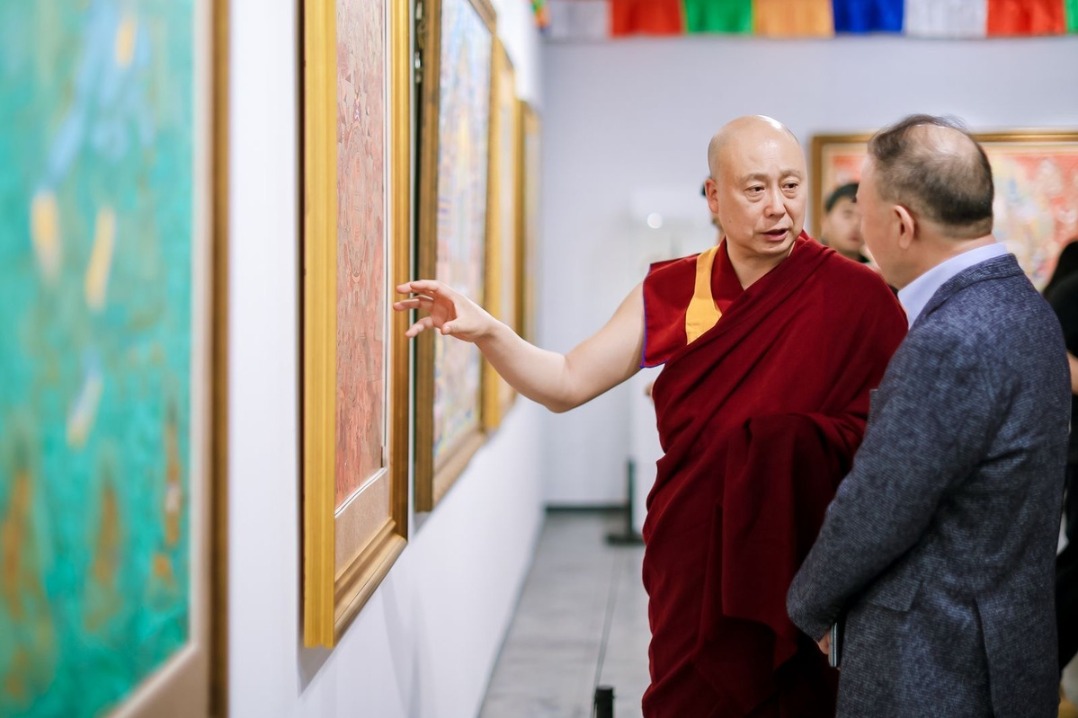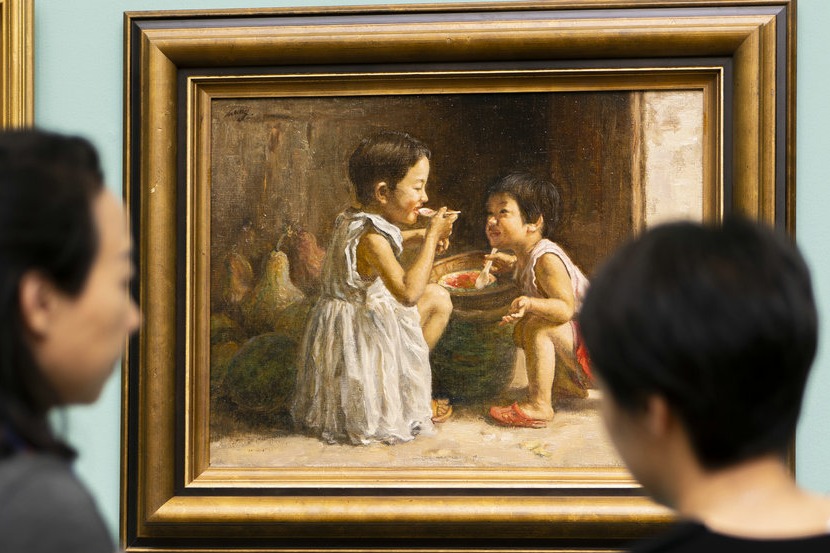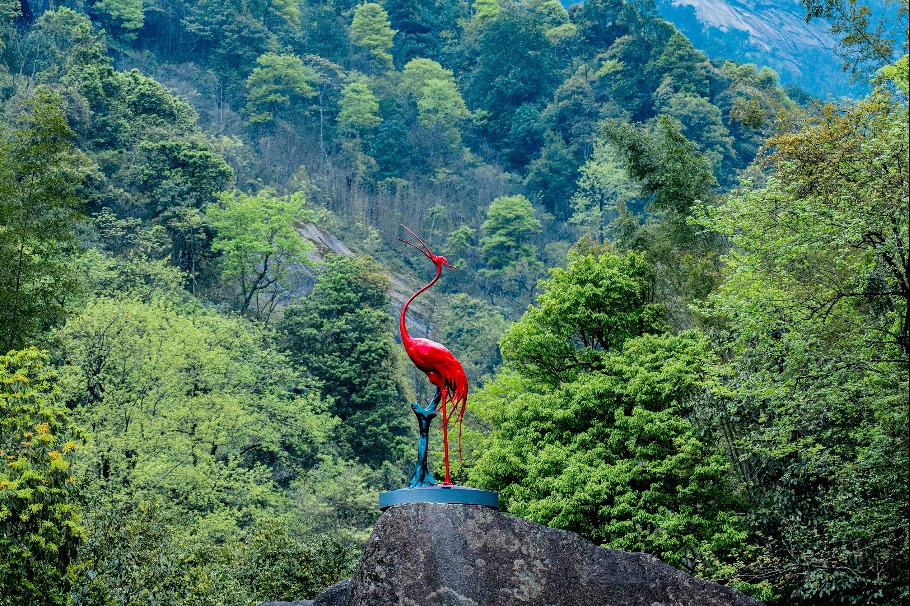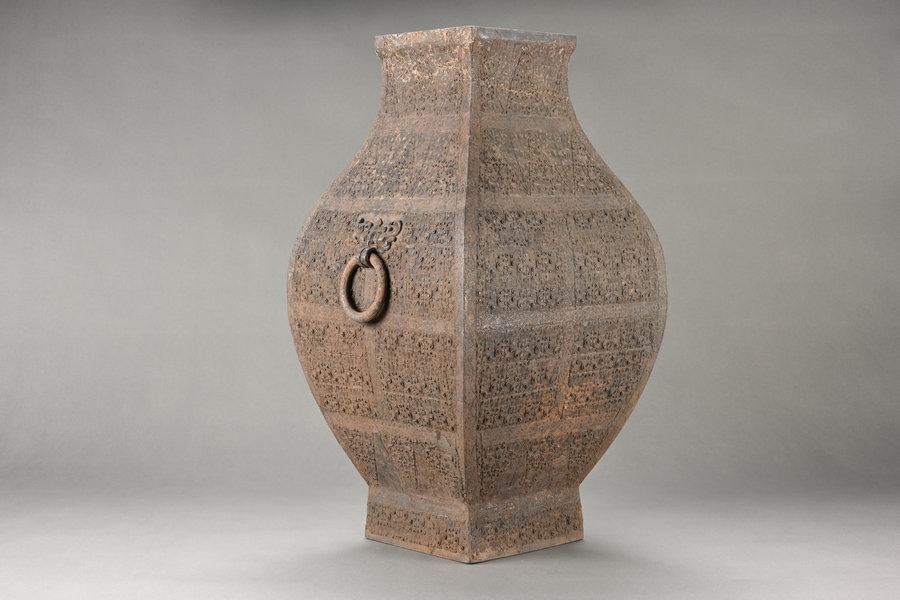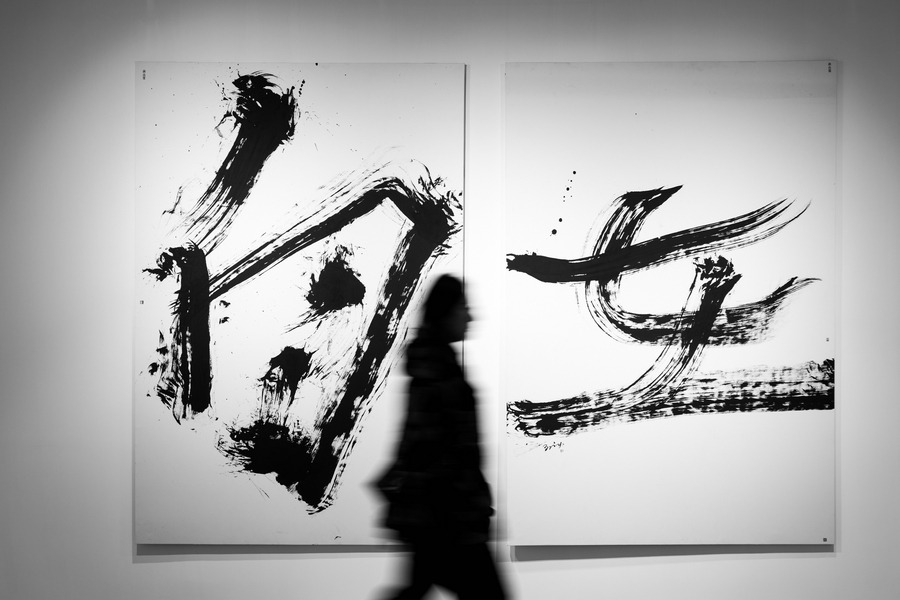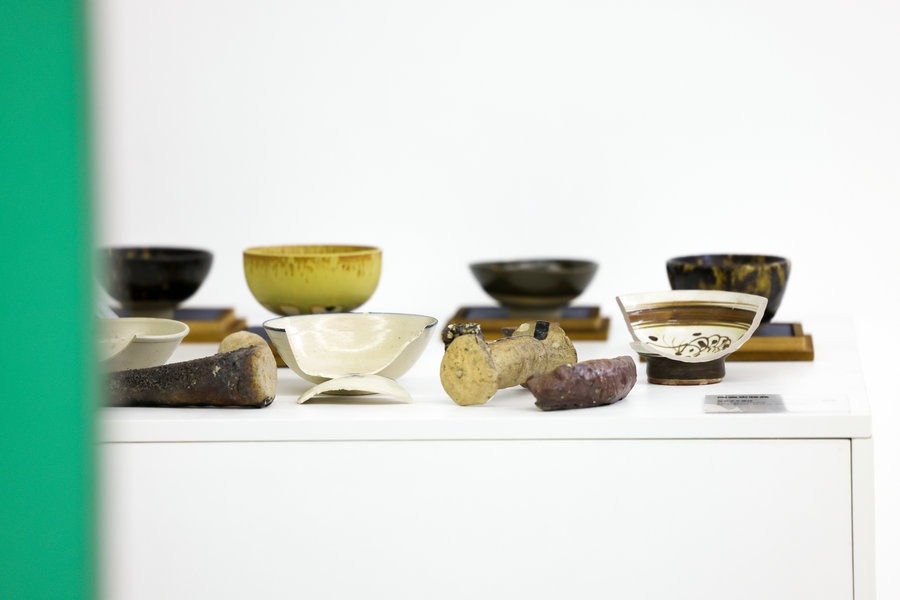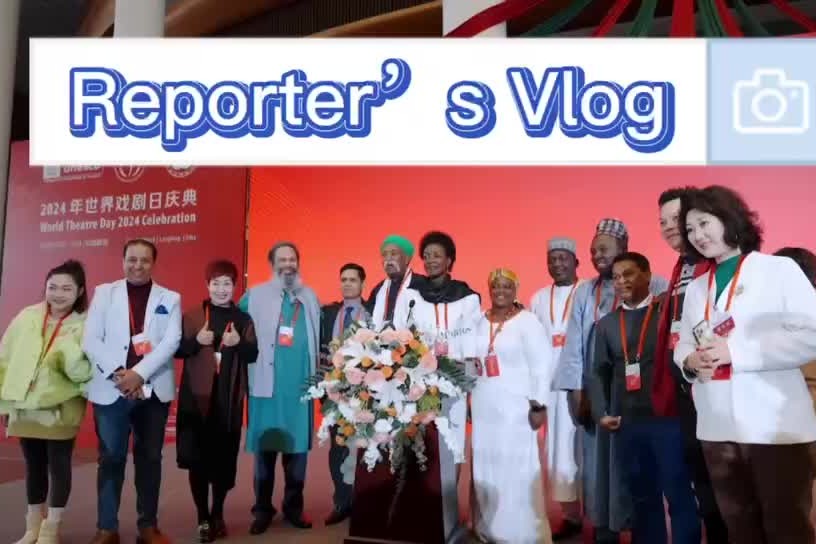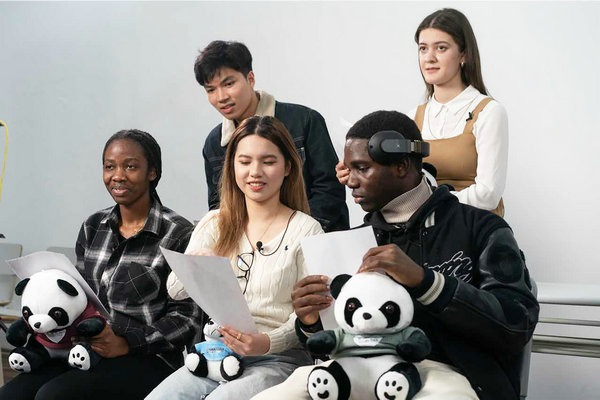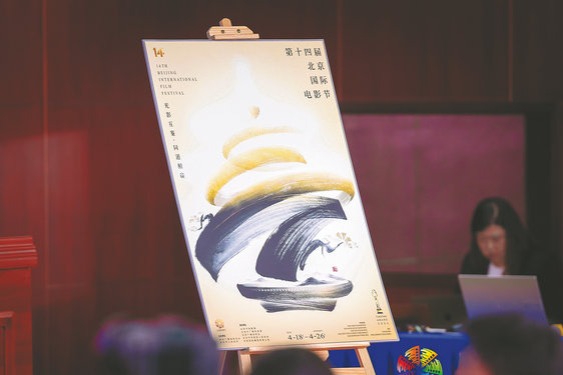Close encounters of a personal kind key to trade and tourism

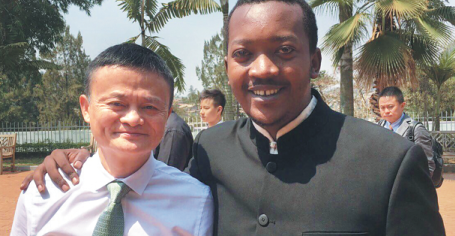
A Rwandan professional speaks about how China and Africa can strengthen ties by boosting people-to-people contact
Increased exchanges and dialogue between China and Africa is the most important thing to promote understanding, says Norbert Haguma, now the secretary of the Rwanda China Alumni Organization.
Haguma, one of the organizers of the East-Africa-China Business Forum in Rwanda in 2015, is contributing his knowledge and experience in China to promote trade, investment, and mutual understanding between China and Africa.
"I consider China to be my second home. I have many Chinese friends, and I love Chinese culture," he says.
After studying and working in China for about 10 years, the 35-year-old Rwandan returned to his country in 2015.
Explaining, why he returned home, he says: "There are more opportunities in Rwanda for me.
"And I believe my experience in China will help me serve my country's development.
"Also, Africa is quickly becoming a popular destination for tourism and business. So, it makes sense for me to be based on the continent."
Haguma's interaction with China began in September 2001, when he was studying Chinese at the Beijing Language and Culture University, and then computer science at the Beijing Jiaotong University.
During that time, he began to take part in events organized by Rwandan community in China.
"I was involved in the founding of the Rwandan Students Association in 2003-04, which later became the RCA-China.
"It is an important organization, and I was honored to lead it before returning home.
"It still contributes to the good bilateral relations to this day," he says.
"Even though I was always involved in Rwandan community events, I think China made me more African, in a way.
"I did not know much about other African countries before arriving in China. But other African students became my friends, and our solidarity in a foreign country brought us closer, until we started talking about pan-Africanism, and then about Africa-China relations, and started organizing ourselves to contribute to them."
In 2006, Haguma was selected by Rwandan embassy to participate in the 2006 FOCAC summit, with about 50 African leaders.
"I attended the summit, translating proceedings at bilateral meetings between Rwandan and Chinese businesses as a student-volunteer," he says.
"That got me very interested in the development of China-Africa relations, a passion I still have to this day."
The involvement in FOCAC is what led him to seek other Africans with similar interests.
And, in 2009, Haguma established the Young African Professionals and Students with five friends, which was the biggest African organization in China at the time.
Then, with fellow YAPS members, Haguma started an education, HR services business and became the chief executive of Kiziga.com.
Speaking about the venture, he says: "We decided to start this company and do education and human resources work because we quickly realized that human resources was the biggest roadblock to deeper economic ties between China and Africa, especially in investment.
"We understood that education and human resources were going to be the catalysts, and really important to the future of everyone involved."
For now, Kiziga has developed a network of more than 186 Chinese universities, directly linking African students seeking education opportunities to programs that suit them. It is the only online platform, created from scratch, to offer such a service in China.
Separately, YAPS has also organized many events, such as an annual Mandela day event in Beijing, coffee promotion events in collaboration with African embassies, Africa day events, and country roundtables.
YAPS also works closely with African embassies to promote their countries to young Chinese.
"It also lays the ground for other African organizations," says Haguma.
"We also mentor young Africans who are doing their own things in China."
Haguma, who returned home 2015, is now the secretary of the Rwanda China Alumni Organization, an NGO focused on connecting Rwandans who studied in China.
Separately, Haguma runs a China-Africa advisory firm, AfrOrient Group, which helps companies in Asia and Africa penetrate new markets.
Haguma says he hopes that what he does can help promote mutual understanding between the two sides.
"On the one hand, we need more people-to-people exchanges. And, as many young Africans are studying in China, I want more Chinese youth to study in Africa as well.
"We have some of the best universities in the world. I also want to see more cultural exchanges.
"I would love to see more African music and songs in China. And more sports exchanges.
"The signing of Congolese football player Cedric Bakambu by my favorite Chinese football club Beijing Guo'an - making him Africa's most expensive football player in history - is a great testimony to the potential of sports in China-Africa relations."
Media exchanges are also important, he says.
"There are a growing number of Chinese who visit and fall involve with Africa. And they often write beautiful blogs and make amazing videos about their experiences.
"I hope to see more of that.
"For example, African countries can invite more social media savvy Chinese to visit the continent."


